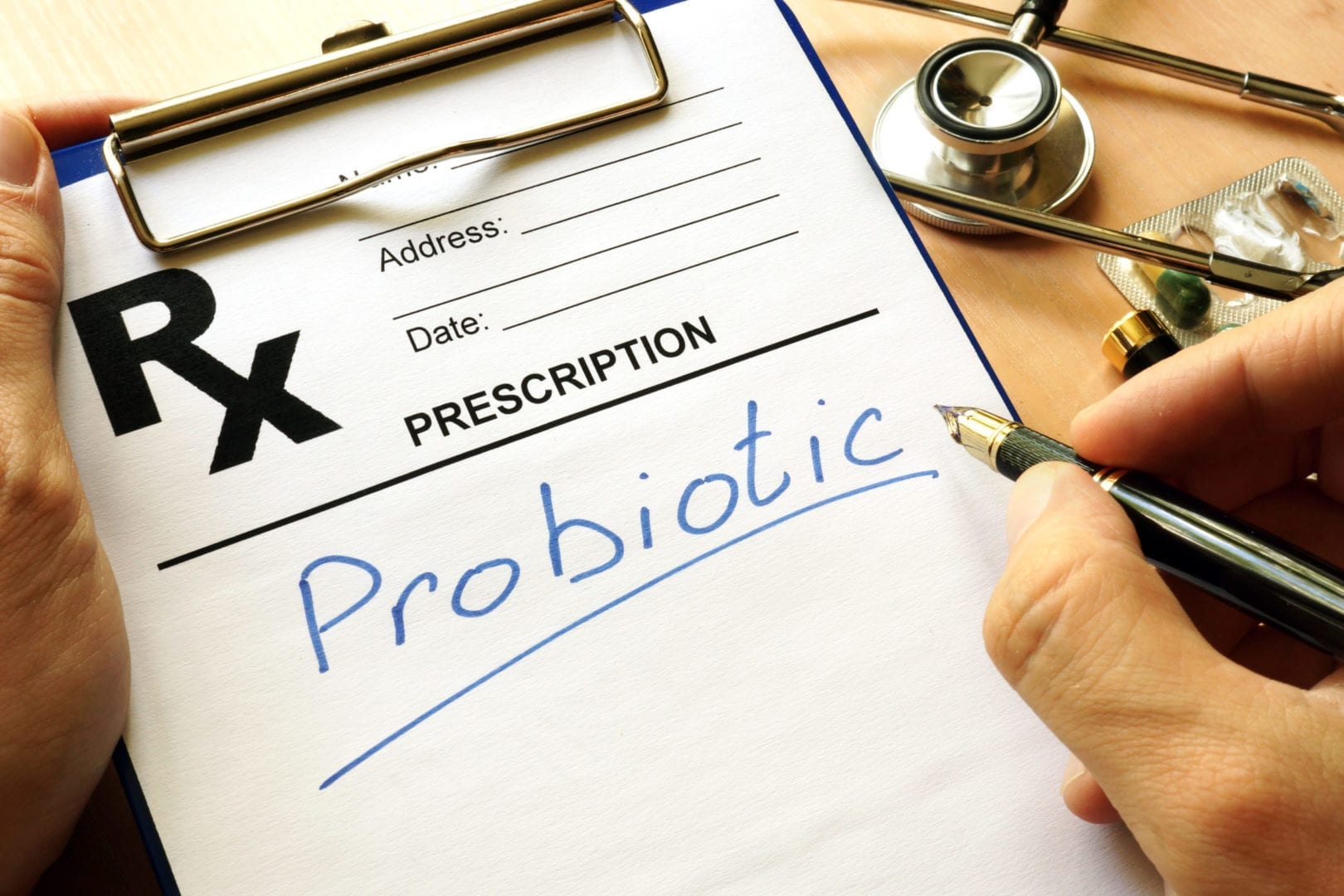
The Importance of Probiotics for Pet Health
 The importance of digestive health in humans has come to the forefront of research, but our furry friends can also benefit as there is a clear connection between probiotics and pet health.
The importance of digestive health in humans has come to the forefront of research, but our furry friends can also benefit as there is a clear connection between probiotics and pet health.
Probiotics have grown to become an indispensable factor for overall well-being. Hundreds of studies have demonstrated that healthy gut flora, or “good” bacteria, is essential, and largely responsible for immune system function. Astonishingly, gut flora has the potent ability to activate and suppress biological factors that play a role in allergy and disease development (i.e., diabetes). More specifically, the strains of bacteria present within the digestive system and how they live, grow, and produce byproducts can activate and/or suppress genes. Despite this, all microbiota are not created equal and, as such, the composition of one’s digestive community cannot only greatly influence, but may also reveal an individual’s health status. [1,2]
Maximizing Digestive Health
In order to maximize one’s digestive health, many individuals consume probiotic supplements or specific probiotic-rich foods (i.e., live culture: kefir, yogurt, sauerkraut, etc.). While the knowledge regarding probiotic health continues to expand, many individuals are unaware that digestive health and probiotics are just as important for their dogs, cats, and pets as it is for them. The numerous benefits of probiotics in pets not only involve enrichment of “good” bacteria but also serve as a digestive aid, preventing “bad” bacteria overgrowth, in addition to decreasing inflammation.
Although more research needs to be performed regarding probiotic supplementation in animals, there are several factors that pet owners should be cognizant of upon selecting the most appropriate probiotic supplement on the market. Factors for probiotic selection include bacteria strains, dosage, and administration method. Although not a comprehensive list, beneficial strains may include: Enterococcus faecium (strain SF68) and Bacillus coagulants. It must be noted that, as with human health, tolerance and efficacy may vary among individual pets, so it is important to work with your veterinarian to maximize health. [3]
References
Patel, R., & DuPont, H. L. (2015). New approaches for bacteriotherapy: prebiotics, new-generation probiotics, and synbiotics. Clinical Infectious Diseases, 60(suppl_2), S108-S121.
Bhat, M. I., & Kapila, R. (2017). Dietary metabolites derived from gut microbiota: critical modulators of epigenetic changes in mammals. Nutrition reviews, 75(5), 374-389.
Straus M. The Benefits of Probiotics for Your Dog. Whole Dog Journal. 2016.








